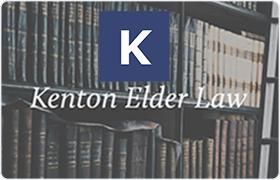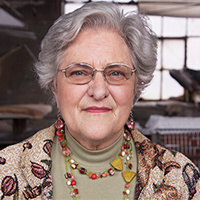Burgin Estate Lawyer, Kentucky
Sponsored Law Firm
-
 x
x

Click For More Info:
-
Kenton Elder Law
713 College Rd Paris, KY 40361» view mapEstate Law Helping Generation After Generation
Kenton Elder Law works with families to ensure smooth financial transitions and long term care arrangements as older adults move into later stages of life.
800-932-7301
Matthew Robb Walter
Criminal, Accident & Injury, Divorce & Family Law, Estate
Status: In Good Standing
Henry Vincent Pennington
Real Estate, Trusts, Criminal, Civil & Human Rights
Status: In Good Standing
 Carolyn Kenton Paris, KY
Carolyn Kenton Paris, KY Practice AreasExpertise
Practice AreasExpertise
